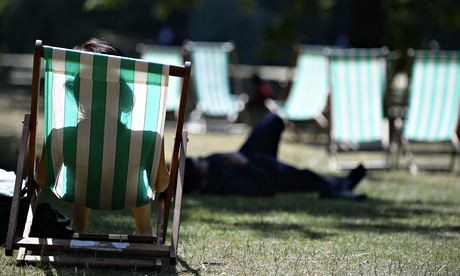
Millions more people should be offered free vitamin D supplements under proposals from the government's health advisers to tackle the increasingly widespread deficiency in the vitamin.
Councils should consider making supplements available to the one in five adults who are at risk. A lack of the "sunshine" vitamin has been linked to soft bones and other health conditions. Older people and those from ethnic minorities, whose darker skin means they produce less vitamin D, would be among the recipients, according to the National Institute of Health and Care Excellence (Nice).
It is also calling for an expansion of the government's scheme to give pregnant women and children from poor backgrounds supplements.
Nice has produced guidance after research showed rickets among children had risen 10-fold over the last 20 years. "Living in the UK you simply cannot get enough vitamin D from the sun or through diet", said professor Mitch Blair, health promotion officer with the Royal College of Paediatrics and Child Health. "So we have to be looking at options such as widespread availability of supplements, fortification of foods and better guidance for healthcare professionals on how to spot the signs and symptoms of vitamin D deficiency so they can act quickly."
Dr Benjamin Jacobs, a consultant paediatrician at the Royal National Orthopaedic Hospital in London, urged parents to "make every day a vitamin D day, incorporating naturally-rich or fortified foods and drinks into toddlers' diets, appropriate supplementation and safe sun exposure."
A recent report from the Vitamin D Mission, a campaign group, found that just one in seven parents give their child a daily vitamin D supplement, while 60% never do. Many of the most popular children's meals, such as fish fingers and spaghetti bolognese, contain no vitamin D, though scrambled eggs do.

